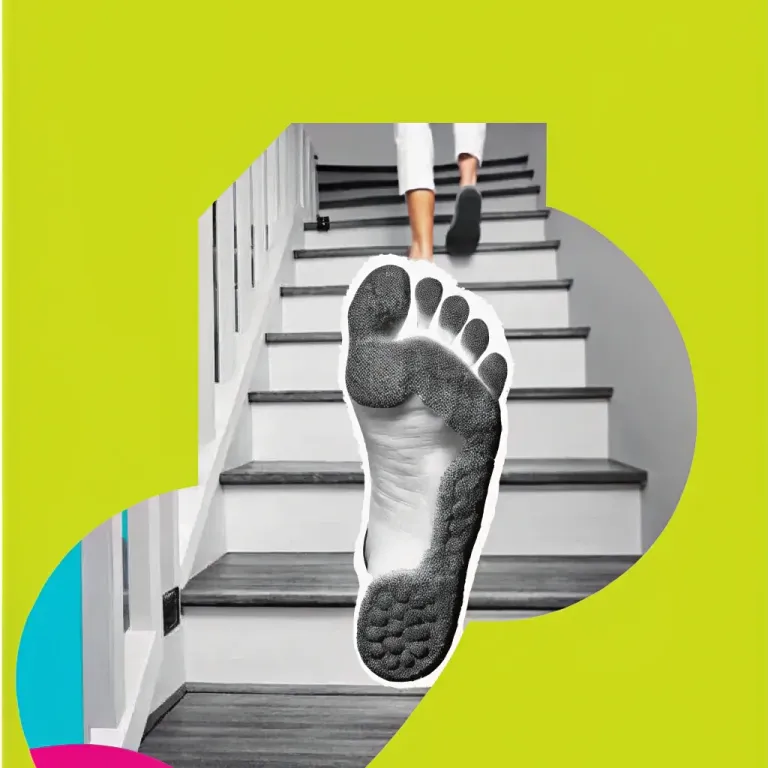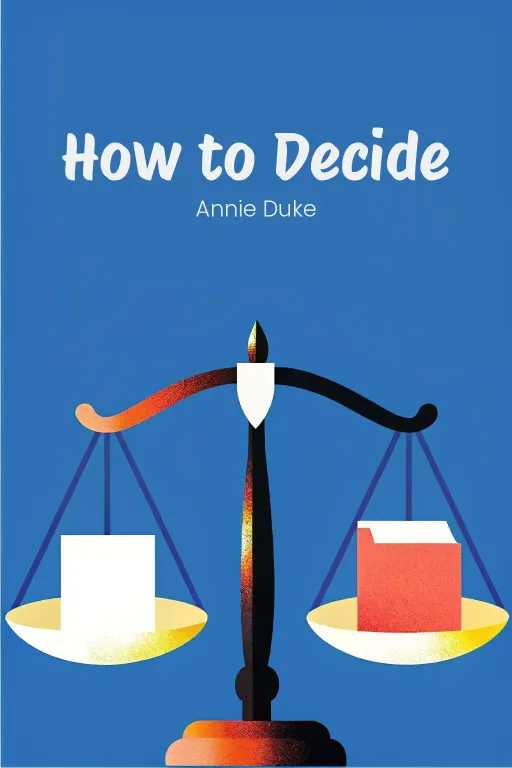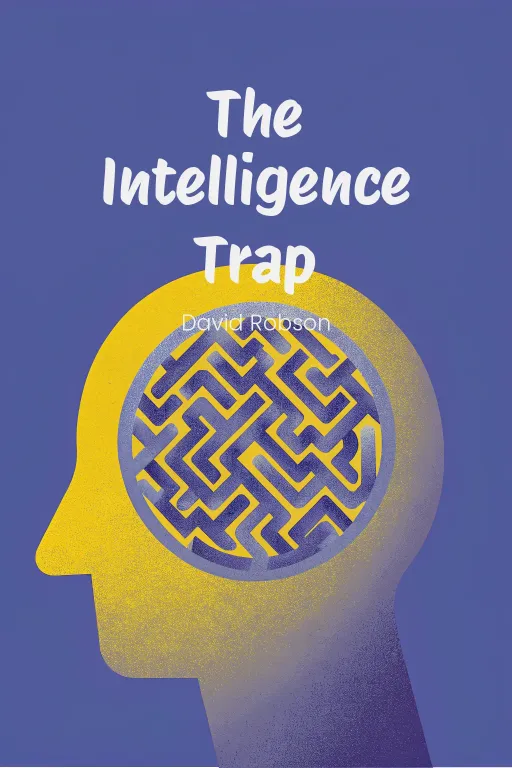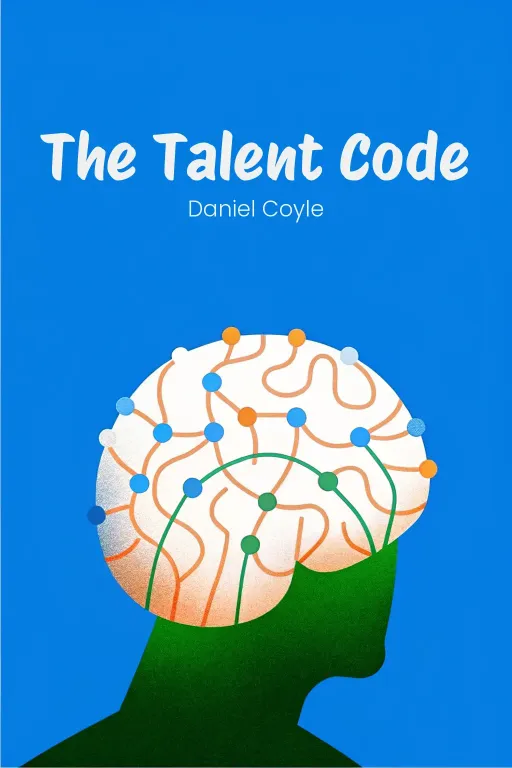
Small Steps, Significant Strides
Podcast by Beta You with Alex and Michelle
The Kaizen Way
Introduction
Part 1
Alex: Hey everyone, welcome back! Today, we're diving into a concept that's both surprisingly simple and incredibly effective: how taking the “tiniest of steps” can actually lead to massive changes in your life. Michelle: Small steps, huh? Sounds suspiciously like the kind of advice we all “hear” and “agree with”, but, you know, never actually “do”. What's the secret sauce here? Alex: No secret sauce, Michelle, just a smart philosophy. It's called Kaizen – it's Japanese in origin and beautifully explained by Dr. Robert Maurer in his book, “One Small Step Can Change Your Life: The Kaizen Way.” The basic idea is that small, gradual actions can lead to huge breakthroughs, both personally and professionally. Michelle: So, instead of, like, completely turning my life upside down, you're suggesting I… gently nudge it in the right direction? Alex: Precisely! And the cool thing is, there's real science behind it. Tiny changes are less likely to trigger your brain's fear response. That means you can build new habits and make progress without feeling overwhelmed. Michelle: Interesting... but how does this work in the real world? Alex: That's exactly what we're going to unpack today. We’ll explore three key ideas from the book: First, the psychology of it all—why your brain loves small steps but panics at big leaps. Second, we’ll look at practical techniques like asking yourself 'small questions' and rewarding yourself with 'small rewards' to keep the momentum going. Michelle: Okay, you had me at “rewards.” Alex: Naturally! And third, we'll share some real-life examples of how Kaizen has helped people overcome feeling overwhelmed and achieve big goals—all by starting with something small. Michelle: So, basically, you’re saying to make a tiny snowball, give it a push, and watch it turn into an avalanche? Alex: Exactly! Let’s get into how it works, shall we?
The Power of Small Steps (Kaizen)
Part 2
Alex: So, let's dive into the heart of kaizen, shall we? The magic of those tiny steps. It really comes down to how our brains are wired. We naturally resist significant change, anything that feels too big or overwhelming. Michelle: Ah, that's the amygdala kicking in, right? That little alarm bell that goes off whenever we're about to step outside our comfort zone? Alex: You got it! Think of the amygdala as your brain's personal bodyguard. It's fantastic for dodging real threats, like, say, an actual bear. But it doesn't differentiate between real danger and, uh, a risky but ultimately beneficial goal. Training for a marathon, quitting smoking – same level of alarm! It triggers that whole fight-or-flight response. Michelle: Which perfectly explains why we're all gung-ho about New Year's resolutions in January, only to throw in the towel by February. Alex: Precisely! Ambitious goals trigger fear, and suddenly, procrastination seems like the safer bet, doesn't it? That's where kaizen shines. By starting with something ridiculously small – a one-minute walk, even just lacing up your running shoes – you circumvent that fear response. The change is so minimal; the amygdala barely registers it. Michelle: Okay, so step one in conquering my inner saboteur: sneak past it with baby steps. I like it, sneaky. But does this actually change your brain? Alex: Absolutely. Here's the science: consistent small actions forge new neural pathways. Think of it as creating a trail in the forest; gradually, the path becomes more defined, ultimately becoming the brain's preferred route... the default, if you will. Plus, each mini-victory releases dopamine, that oh-so-lovely feel-good chemical, which reinforces the new habit. Michelle: So, it's not about forcing yourself to change; it's more about gently guiding your brain toward a new pattern. Makes sense. But how do we translate this abstract idea of "small change" into actionable steps? Alex: Excellent question. The book explores some great techniques, starting with one of my personal favorites: asking small questions. Michelle: Questions? Like, "Should I order pizza or Thai tonight?" I mean, that's pretty small. Alex: Not exactly. Small questions are about taking intimidating challenges and reframing them into digestible, curiosity-sparking queries. Instead of, "How do I completely transform my diet and shed 20 pounds?" you might ask, "What's one healthy snack I could incorporate today?" Michelle: Hmm. So, scaling down the question makes it easier for my brain to process? Alex: Exactly! Research indicates that small questions activate the brain's curiosity centers, bypassing the stress zones and engaging creative problem-solving instead. There's a great example in the book about Patrick, a supervisor at a manufacturing firm. Initially, he overwhelmed his team by asking, "What can we do to make our company number one in the industry?" Michelle: Let me guess – tumbleweeds and awkward silence? Alex: Tumbleweeds and blank stares, indeed. The question felt far too daunting. But when he reframed it to, "What's one small step we could take to improve our process?" suddenly ideas flowed – practical suggestions like selling scrap materials and adding training sessions for new employees. Those tiny suggestions eventually sparked significant changes throughout the company. Michelle: So, the key is to shrink the scope until the question feels manageable. Got it. Now, let's say I’ve got my "small question." What's the next move? Alex: That's where techniques like "mind sculpture" come in. It involves visualizing success, one small thought at a time. Michelle: Wait—mind sculpting? Are we talking about fashioning imaginary statues in our minds now? Alex: Think of it as more of a mental rehearsal. The idea is to vividly imagine completing a small step toward your goal. If you're nervous about public speaking, picture yourself confidently delivering just the first sentence of your speech. Imagine your tone, the audience's reactions – it's like practicing in a safe, pressure-free environment. Michelle: And this works because…? Alex: Your brain struggles to distinguish between vividly imagined experiences and real ones. Athletes use this all the time, like Michael Phelps. He famously visualized every aspect of his races, from the water to each stroke. So, by the time he actually competed, his brain was already prepped. Michelle: Okay, I see how that would help calm the nerves. But let’s get to the part I’m most interested in: the rewards. I know you mentioned those are crucial for solidifying habits. Alex: Absolutely! And here's why: each time you acknowledge even the tiniest accomplishment, you reinforce the desired behavior. It's like giving your brain a pat on the back and saying, "Hey, that went well, let's do that again!" These don't have to be extravagant, either; a small treat after finishing a work task or a five-minute break after completing a chore can do the trick. Michelle: And this actually trumps the effectiveness of larger rewards? Alex: In many cases, yes. Dr. Maurer actually compares American and Japanese workplace reward systems. In Japan, even minor contributions—like suggesting a small efficiency improvement—are recognized with genuine appreciation, maybe even a handwritten thank-you. That consistent, positive reinforcement encourages ongoing engagement. Michelle: Meanwhile, back in the States, we wait for the annual bonus or the "Employee of the Month" award and then wonder why morale is in the dumps. Alex: Precisely. Small, frequent rewards foster a culture—or a personal mindset—of continuous growth. And over time, those small actions and rewards accumulate into significant progress. Michelle: So, between small questions, mind sculpture, and bite-sized rewards, it kind of sounds like kaizen boils down to transforming intimidating goals into manageable moments. Alex: Exactly. It's like building a bridge, one plank at a time. Each small step – whether it's asking a question, visualizing success, or celebrating a tiny win – propels you closer to lasting change. Michelle: And, it seems, without nearly as much internal screaming along the way.
Conclusion
Part 3
Alex: Okay, so to recap, we've really unpacked how the kaizen philosophy uses these tiny, incremental steps to help us sidestep fear, rewire our brains, and build habits that actually stick. Whether it's posing small questions, visualizing success, or celebrating those mini-victories, kaizen shows us that real progress isn’t about these huge, overwhelming leaps. It's actually fueled by those manageable moments. Michelle: Right, Alex. And what's so clever about this approach is that by tiptoeing past your brain's alarm system with these small, incremental steps, you're not just implementing changes. You're actually constructing a bedrock for lasting growth, importantly, without the usual burnout, right? Alex: Precisely! Kaizen is really about understanding that it's not about launching into something massive, it's simply about getting started, somewhere. So, if there's one key takeaway from our conversation today, let it be this: ask yourself, "What's one tiny step I can take toward my goal, right now?" It doesn't matter how insignificant it seems, it honestly could be transformative. Michelle: "One small step to change your life." NASA might have coined the phrase, but with kaizen, it might be the easiest, and definitely the most sustainable, landing yet.









